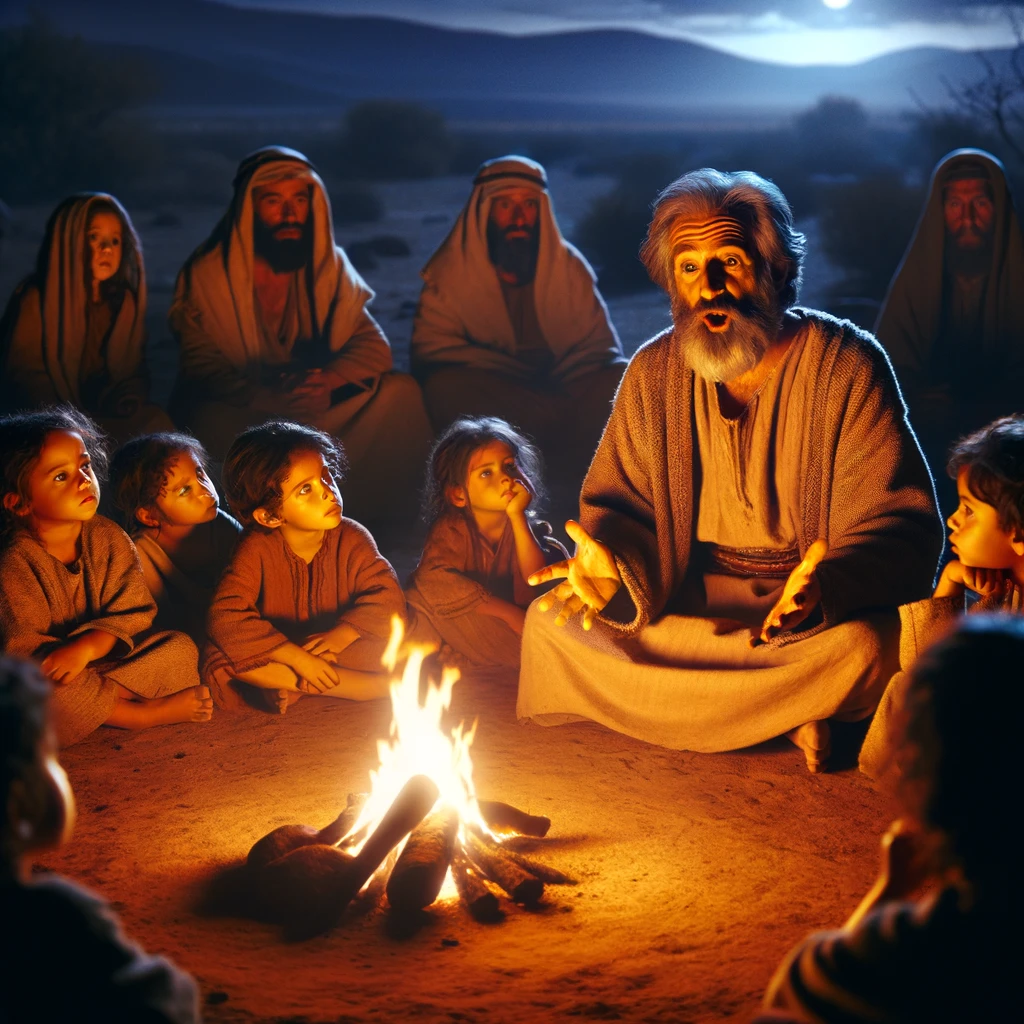When reading any document it helps to know what you are reading. Is this document a comic meant to be funny, mocking or otherwise derisive? Is this document a fiction meant to entertain? Is this document a body of laws meant to form the rules of a society? How are, or were, they meant to be used? Is this document a history meant to give an account of the origins or story of a people?
Thus, when one opens up any particular passage of Scripture it is helpful to know, if one hopes to properly understand the message that passage was intended to impart, what the document is, what its rules are.
Proverbs? Why were they written? How were they meant to be applied when and where originally written? What are the rules for understanding different kinds of proverbs? Is there deliberation in the order of the collection?
It is not sufficient to apply modern rules of proverb telling to ancient Hebrew Proverbs. This is a sure fire way to import ourselves into the text and to miss the message of the Holy Spirit that the inspired sage and book editor sought to impart when they wrote, collected and organized their material in their own context for their own people and in their own language so many years ago.
What about Genesis? What kind of document is Genesis?
If we answer this question improperly, the hope of understanding the book diminishes radically.
Even if we are partially correct and recognize that Genesis, being largely stories about historical figures, suggests that we are dealing with a document that is meant to be historical, this does not mean that we understand the nature of ancient history, the skill of woven story, the purpose of telling these stories as they are told, or the reason that these particular stories are preserved.
We might be interested to know that the ancients regarded even their history texts as prophetic literature, a proclamation and interpretation of the past made under the inspiration of the Holy Spirit. These stories are, therefore, theology, however rooted to actual events they may be.
As such, the inspired message that we seek is not in a recreation of the original events, (as if the text is a mere window to inspiration) nor is the inspired message found in some supposed original “pre-Genesis” form of the stories. We find the inspired message in the telling of the stories in their present context as we have them.
That said, let me say that Genesis is an Ancestor Epic.
Ancestor Epics are collections of stories that ancient tribes told themselves about how they almost weren’t a people. Circumstances arose that once threatened their future existence as a people, but their God had a plan for them & overcame those situations on their behalf in order to bring about His plan in and through them.
There are two main divisions in the Genesis Ancestor Epic. Primordial History 1-11 & The Patriarchal History 12-50.
The Patriarchal History looks at the circumstances that [save for the grace & mercy of YHWH who loves them and has a wonderful plan for their lives] almost overtook Abraham, Isaac, Jacob & The 12 tribal fathers. These include: Barrenness, Wars, Famines, Captured wives, Political struggles over land & water & intermarriage, divine judgments, competing heirs, dead childless heirs, pre-tribal jealousies & betrayed heirs.
The Primordial History looks at issues of threat more broadly, considering the threats to yet older ancestors, the ancestors of all men. These include: original chaos, the fall of man, murder & oppression, wholesale human corruption, the Flood, & the rebellion of post-flood humanity.
God’s plan, God’s purposes, remain unthwartable whatever men may do, and what remains for those preserving the stories is to live well in the world which YHWH has created, to fulfill His purposes in it, for that is why he continually saves them from their own wickedness and stupidity.
Genesis, therefore, preaches some of the most foundational theology about the nature of reality, the corporate mission of those preserving the stories and the character, will & purpose of their God. God is at work in the world; the Israelites are his chosen tool, preserved from extinction at every turn so that they might be the People of God, instruments of his Glory in the world.
[1] Media pic is from sxc.hu.
Discover more from Biblical Literacy with Dr. Andrew D. Sargent
Subscribe to get the latest posts sent to your email.


